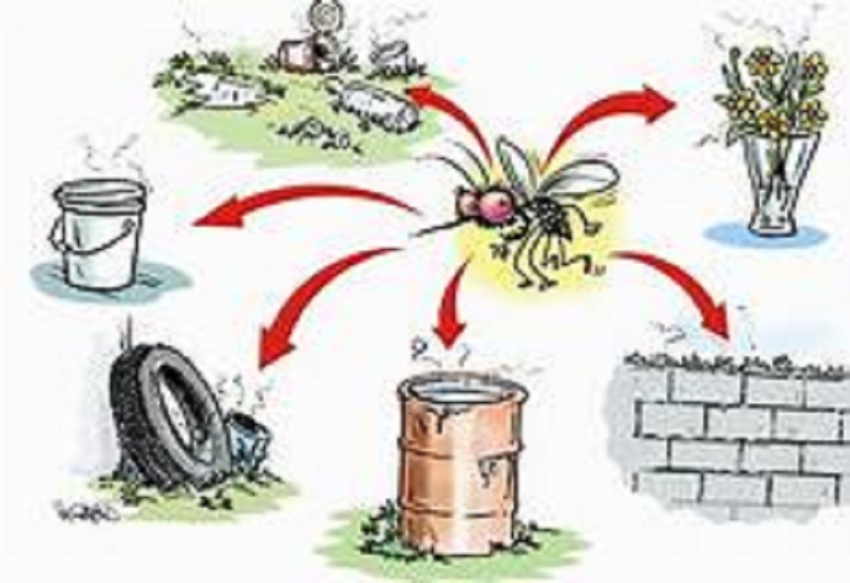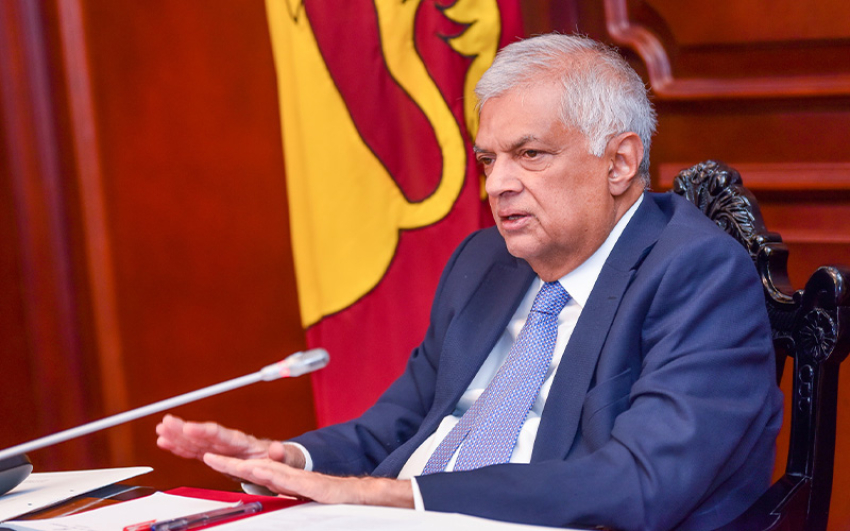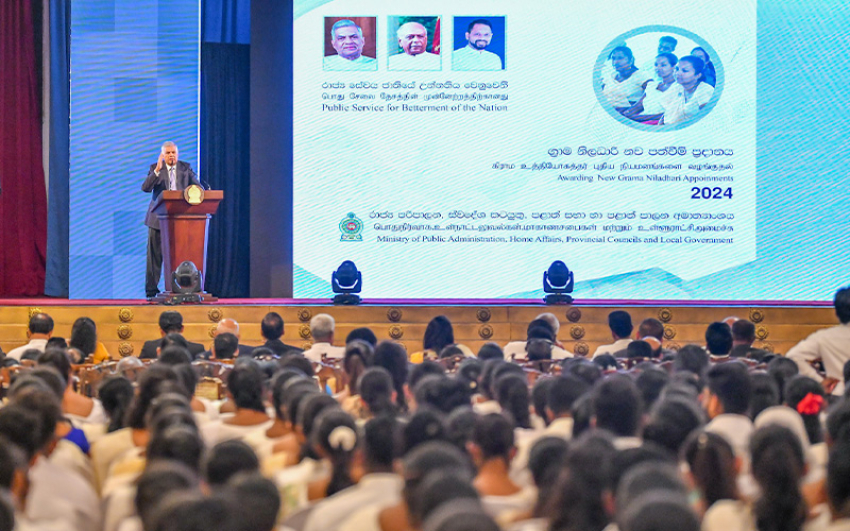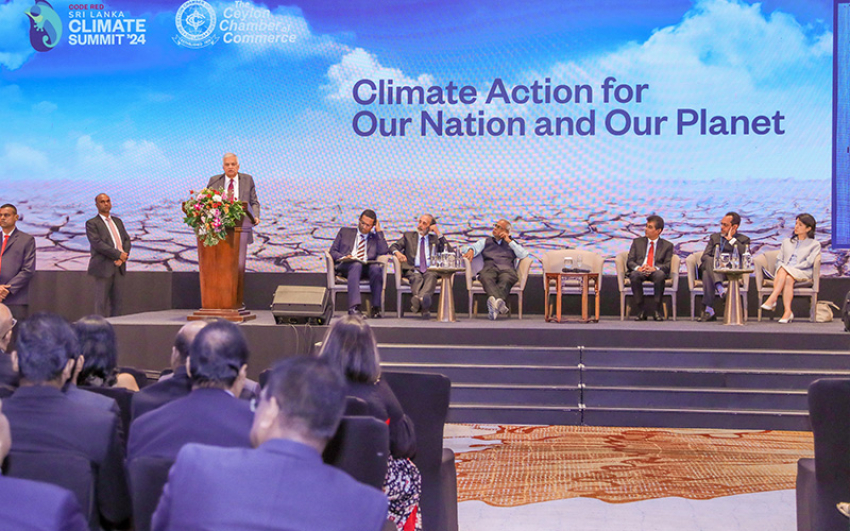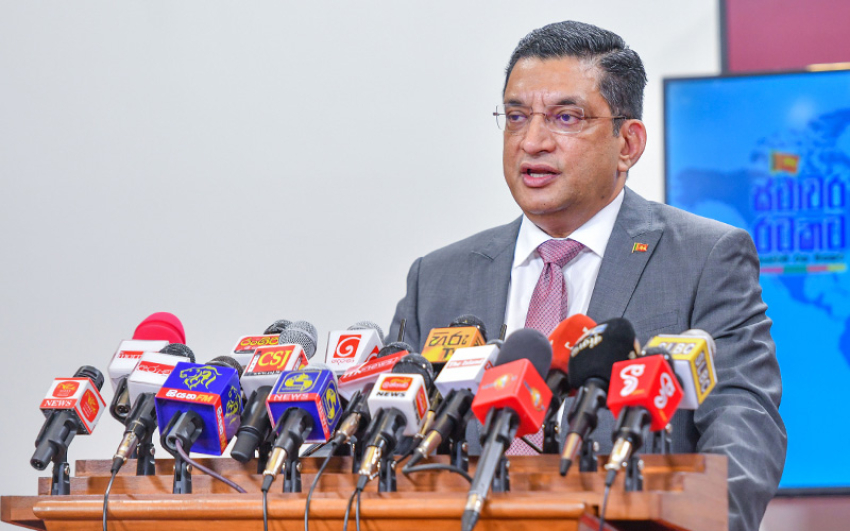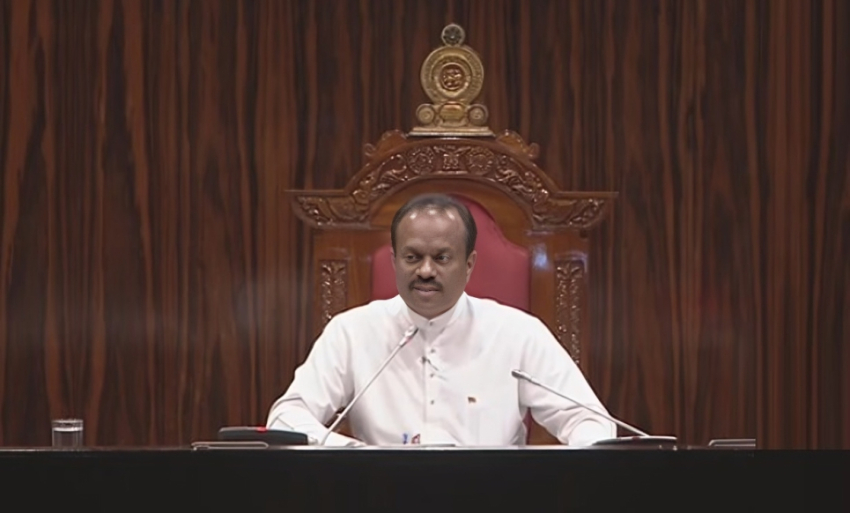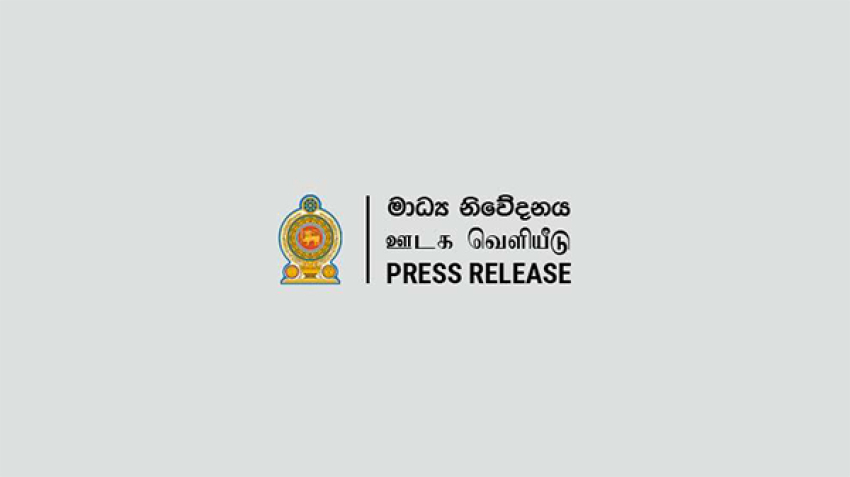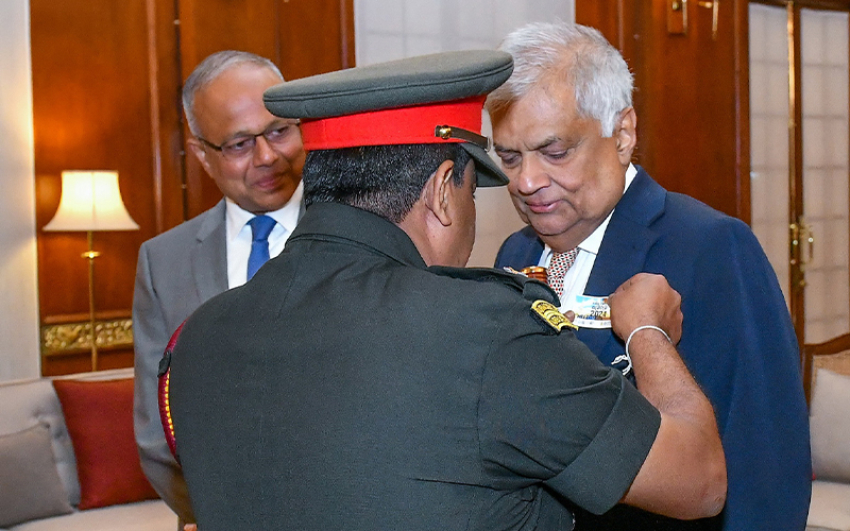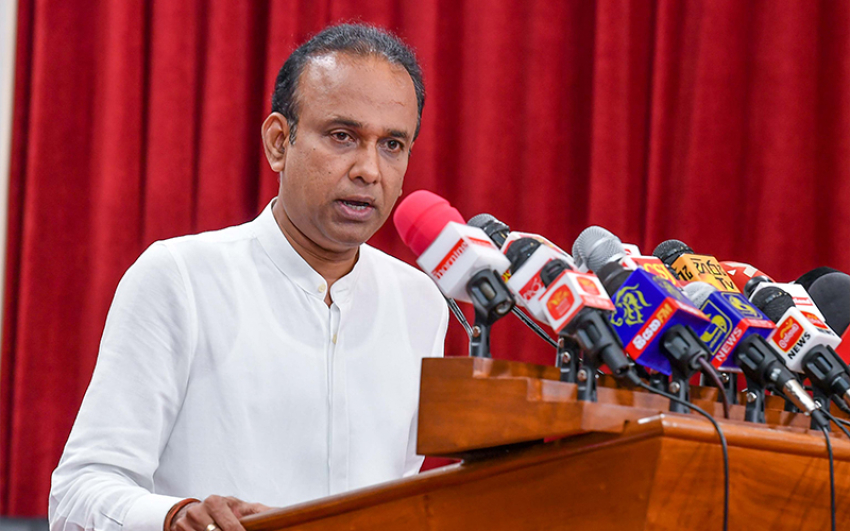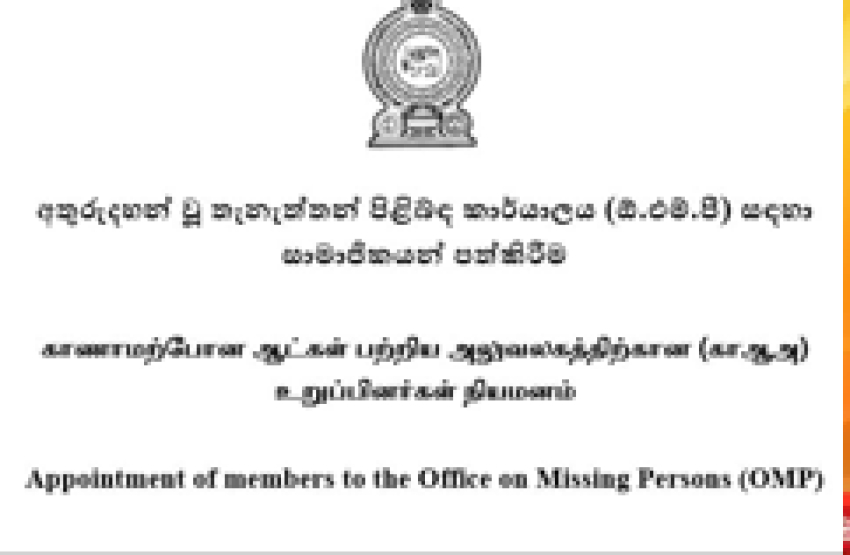These early findings of the large-scale Phase 3 randomised clinical trial titled ‘TIDES’ (Tetravalent Immunisation against Dengue Efficacy Study) were published on Wednesday in the high impact ‘New England Journal of Medicine’ (NEJM), with a media release also being issued worldwide by a pharmaceutical company. The NEJM is a journal published by the Massachusetts Medical Society in America.Many health sources in Sri Lanka, however, reiterated that people “should not be complacent” in the battle against dengue.“There is a need for concerted action to prevent dengue from spreading by destroying breeding spots and avoid getting bitten by this tiny mosquito.
It will take a long time for the potential vaccine, if effective and safe, to be pre-qualified by the World Health Organisation (WHO) followed by licensing of the vaccine by individual countries. This is why we need a multi-pronged approach in the fight against dengue,” they urged.This multi-centre vaccine trial is being conducted in dengue-endemic countries in Asia including Sri Lanka and Latin America by the Takeda Pharmaceutical Company Limited which has its headquarters in Osaka, Japan. The other countries which were part of the clinical trial were the Philippines and Thailand in Asia and Brazil, Colombia, Panama, Dominican Republic and Nicaragua in Latin America.
The 23 authors of the journal article representing the TIDES Study Group include Consultant Paediatrician Dr. LakKumar Fernando who heads Sri Lanka’s Centre for Clinical Management of Dengue Fever and Dengue Haemorrhagic Fever in Negombo.Concerted action is needed in the fight against dengue, one of the world's top health threats, according to WHO The TAK-003 vaccine candidate is based on a live-attenuated dengue serotype 2 virus, which provides the genetic “backbone” for all four vaccine viruses, states Takeda, pointing out that Clinical Phase 1 and 2 data in children and adolescents showed that TAK-003 induced immune responses against all four dengue serotypes, in both seropositive and seronegative participants. The vaccine was found to be generally safe and well tolerated.An individual is ‘seropositive’ when he/she has had past exposure to the dengue virus, either having developed symptomatic disease or asymptomatic (without symptoms) infection. An individual is ‘seronegative’ when he/she has not had the virus entering his/her body.
While promising that the formal assessment of secondary efficacy endpoints (18-month follow-up after the second dose) will be presented later this year, the company states that safety and efficacy will be assessed over a total of four and a half years. (In a clinical trial, an endpoint is an event or outcome that can be measured objectively to determine whether the intervention being studied is beneficial.)
In Sri Lanka, there were 2,100 participants from the four sites of the Centre for Clinical Management of Dengue Fever and Dengue Haemorrhagic Fever, Negombo (600 participants); the Colombo North Teaching Hospital, Ragama (500 participants); the Lady Ridgeway Hospital (LRH) for Children, Colombo (500 participants); and the Colombo South Teaching Hospital, Kalubowila (500). The study was held in coordination with the Health Ministry and the Epidemiology Unit.
Giving details of this double-blind, randomised, placebo-controlled clinical trial, Phase 3 of which started in 2015, Takeda states that the study participants were randomly assigned to receive either TAK-003 0.5 mL or a placebo at a 2:1 ratio, on Day 1 and Day 90.
The study comprises three parts:
The primary endpoint analysis evaluated vaccine efficacy and safety through 15 months after the first dose (12 months after the second dose).
The study continued for an additional six months to complete the assessment of the secondary endpoints of vaccine efficacy by serotype, baseline serostatus and severity. Evaluation of vaccine efficacy and long-term safety by following the participants for an additional three years.
Meanwhile, there is already one vaccine against dengue which has been licensed in several countries excluding Sri Lanka. This is CYD-TDV or Dengvaxia developed by Sanofi Pasteur.
“Approximately, five additional dengue vaccine candidates are in clinical development, with two candidates (developed by NIH/Butantan and Takeda) now in Phase III trials,” states the WHO, explaining that CYD-TDV is the first dengue vaccine to be licensed.It was first licensed in Mexico in December 2015 for use in individuals 9-45 years of age living in endemic areas and is now licensed in 20 countries. CYD-TDV is a live recombinant tetravalent dengue vaccine given as a 3-dose series on a 0/6/12 month schedule, the WHO adds.
“So the second time seems to be the worst with regard to severity,” he says, explaining that the CYD-TDV vaccine efficacy comes for those who have had past dengue infections (seropositives).Look at the scenario where those who have not been exposed to dengue (seronegatives) get the vaccine, which acts like the first infection. Then if they contract dengue again – the second infection – the disease is very severe, says Dr. Fernando.
He adds that this is why in November 2017, the WHO changed its recommendations with regard to CYD-TDV and said that there should be pre-testing for dengue or clear evidence of a virologically-confirmed dengue infection in the past before an individual is administered this vaccine.
Previously, in 2016-2017, Sanofi had indicated that the vaccine was suitable for all – both seropositives and seronegatives – and as a result, the Sri Lankan health authorities having consulted experts, decided against licensing Sanofi’s vaccine in this country, it is learnt.
In November 2017, Sanofi changed the vaccine label in keeping with the WHO recommendations.

